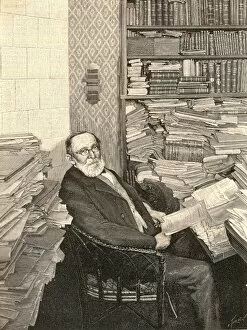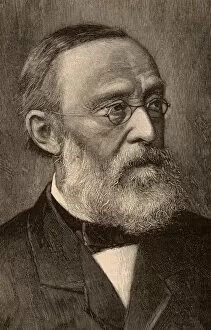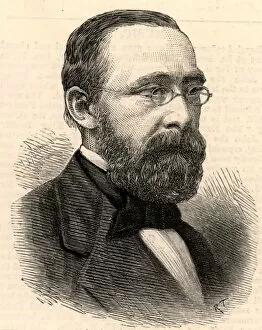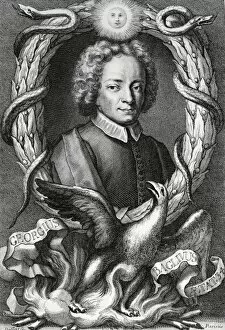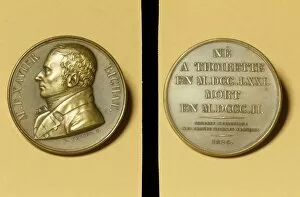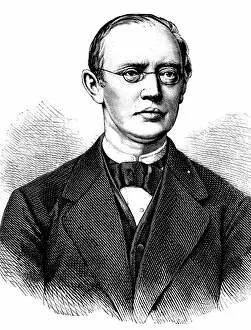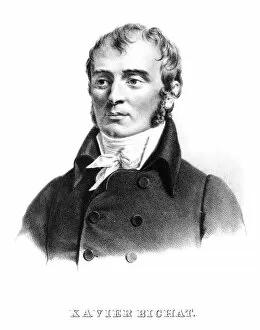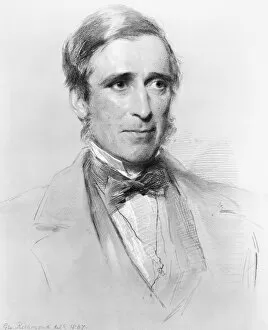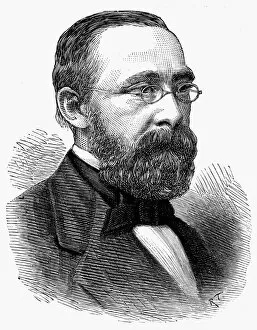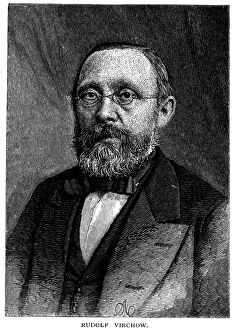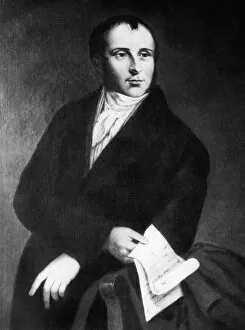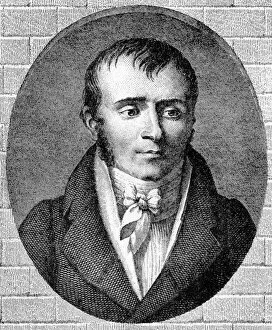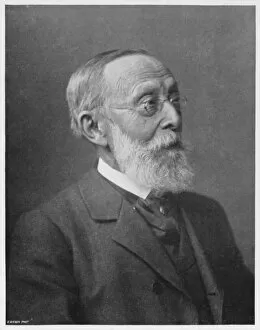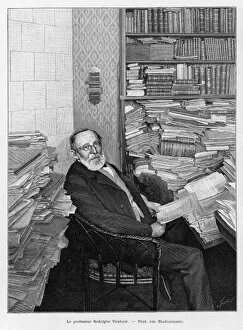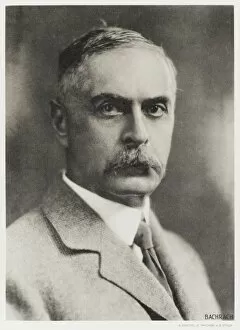Pathologist Collection (#2)
Pathologists, the unsung heroes of medicine, play a crucial role in unraveling the mysteries hidden within our bodies
For sale as Licensed Images
Choose your image, Select your licence and Download the media
Pathologists, the unsung heroes of medicine, play a crucial role in unraveling the mysteries hidden within our bodies. From Louis Pasteur's groundbreaking discoveries to Joseph Lister's revolutionary antiseptic techniques, these pioneers paved the way for modern pathology. Louis Pasteur, the renowned French microbiologist, dedicated his life to studying microorganisms and their impact on health. His work laid the foundation for understanding infectious diseases and developing vaccines that have saved countless lives. In the late 1860s, Joseph Lister captured a moment in time with his portrait. This visionary surgeon introduced sterile surgical practices that drastically reduced post-operative infections. His meticulous attention to detail forever changed medical procedures. Robert Virchow, a German physician and pathologist known as "the father of modern pathology, " is seen here alongside his wife Rosalie in a black-and-white photo. Virchow made significant contributions to cellular pathology and emphasized the importance of microscopic examination in diagnosing diseases accurately. Harvey Cushing's portrait showcases this pioneering neurosurgeon who revolutionized brain surgery techniques during the early 20th century. His relentless pursuit of knowledge led to advancements in treating neurological disorders and laid the groundwork for future generations of neurosurgeons. Sir Andrew Clark MD was an influential figure depicted vividly in color lithography. As one of Britain's leading physicians during Victorian times, he contributed greatly to clinical medicine and pathological research through his extensive studies on heart disease. Matthew Baillie is immortalized through an engraving capturing this Scottish pathologist's dedication to advancing anatomical knowledge during the 18th century. Baillie authored numerous works that became essential references for medical students worldwide. Ambroise Auguste Tardieu is portrayed in a lithograph from 1865-66 showcasing this prominent French forensic pathologist whose expertise helped shape criminal investigations by providing scientific evidence based on autopsies.

